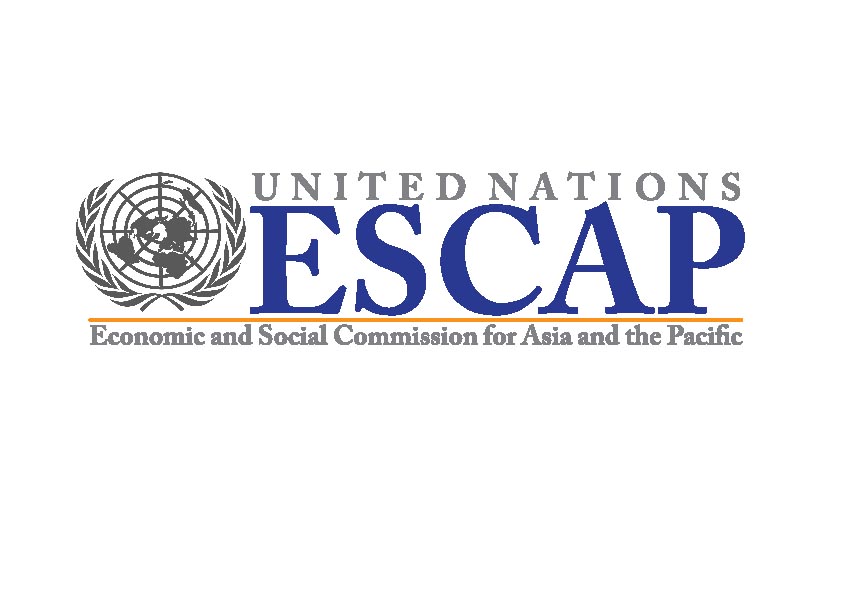Countries in Asia and the Pacific on Friday adopted a declaration that will strengthen national statistical systems to present a more complete picture of the region’s development, and support good governance, health and human rights.
The declaration, ‘Navigating Policy with Data to Leave No One Behind,’ was agreed at the United Nations Economic and Social Commission for Asia and the Pacific (ESCAP) Sixth Committee on Statistics held in Bangkok from 16 to 19 October.
The Committee brought together high-level policymakers with leaders of National Statistical Systems to identify transformative, collective actions to advance the regions progress towards the 2030 Agenda for Sustainable Development, which calls for high-quality data that is accessible, timely, reliable and disaggregated by income, sex, age, race, ethnicity, migration status, disability and geographic location, along with public-private partnerships to support innovative use of new data sources to inform policymaking.
The declaration calls on governments to make nine commitments to strengthen and transform national statistical systems in support of the 2030 Agenda. It also calls on development partners to support national statistical systems and on ESCAP facilitate its implementation.
The ESCAP Committee on Statistics is held every two years to support the collective vision and framework for action by the Asia-Pacific statistical community of advancing official statistics for the 2030 Agenda.


